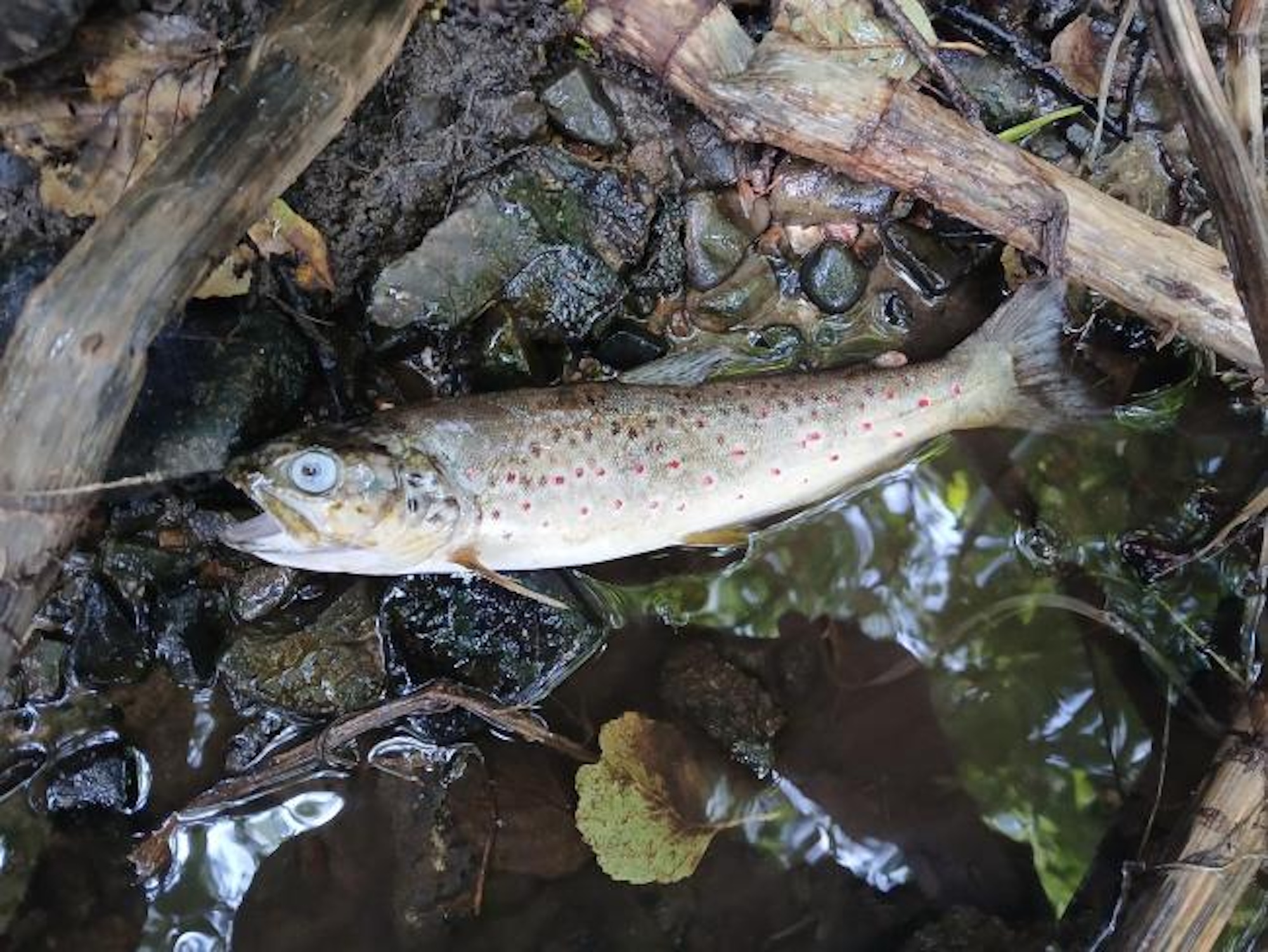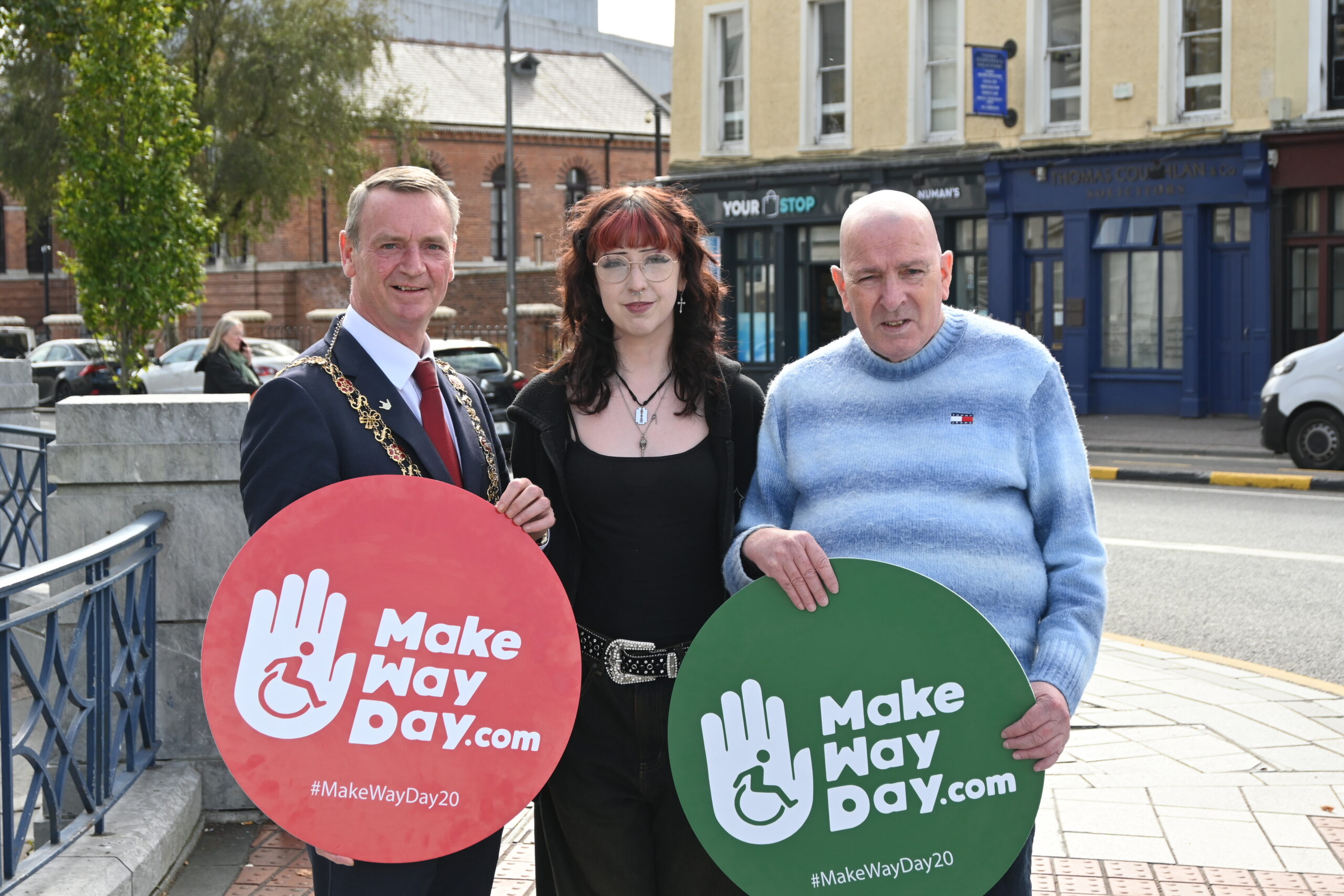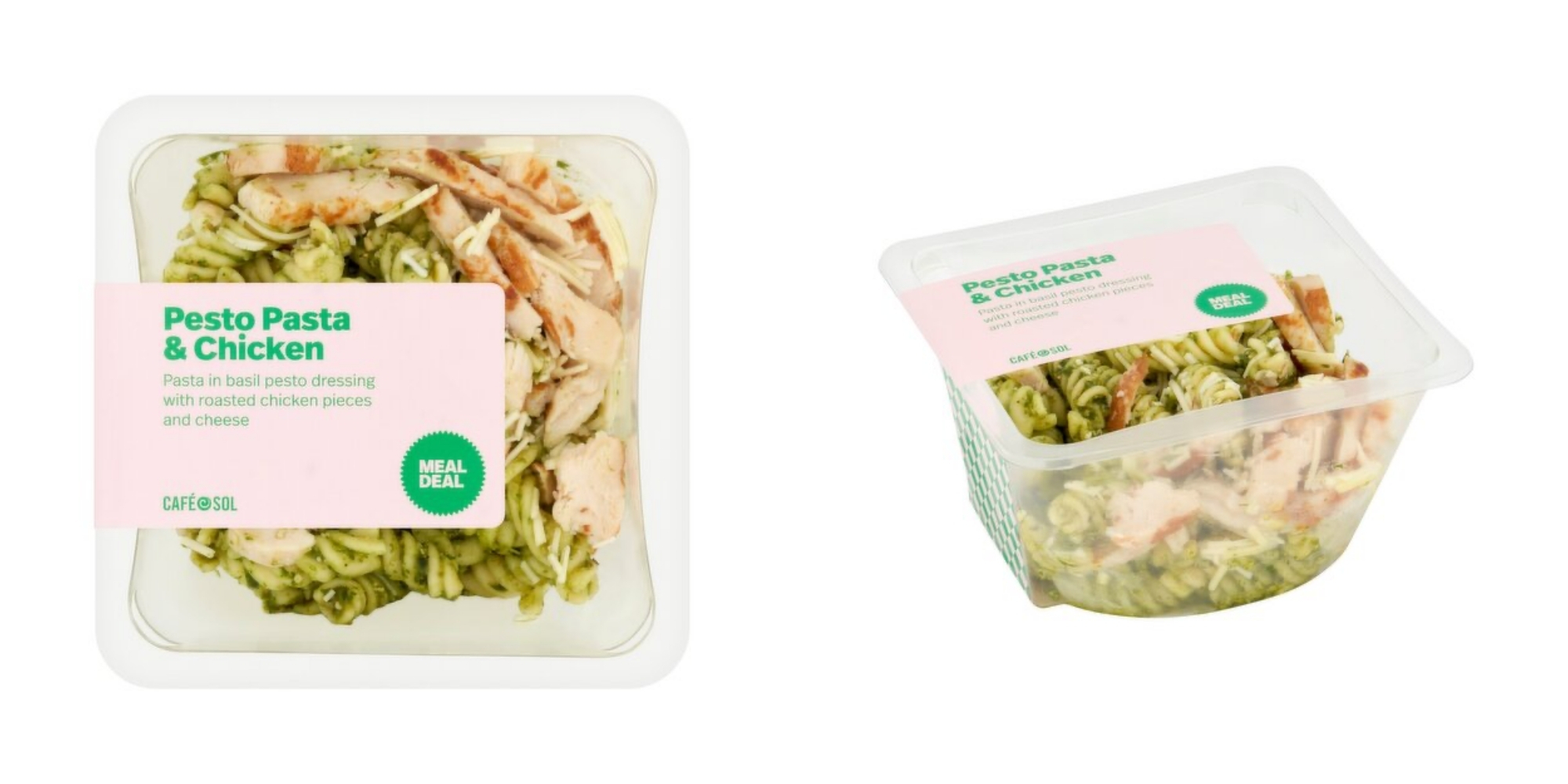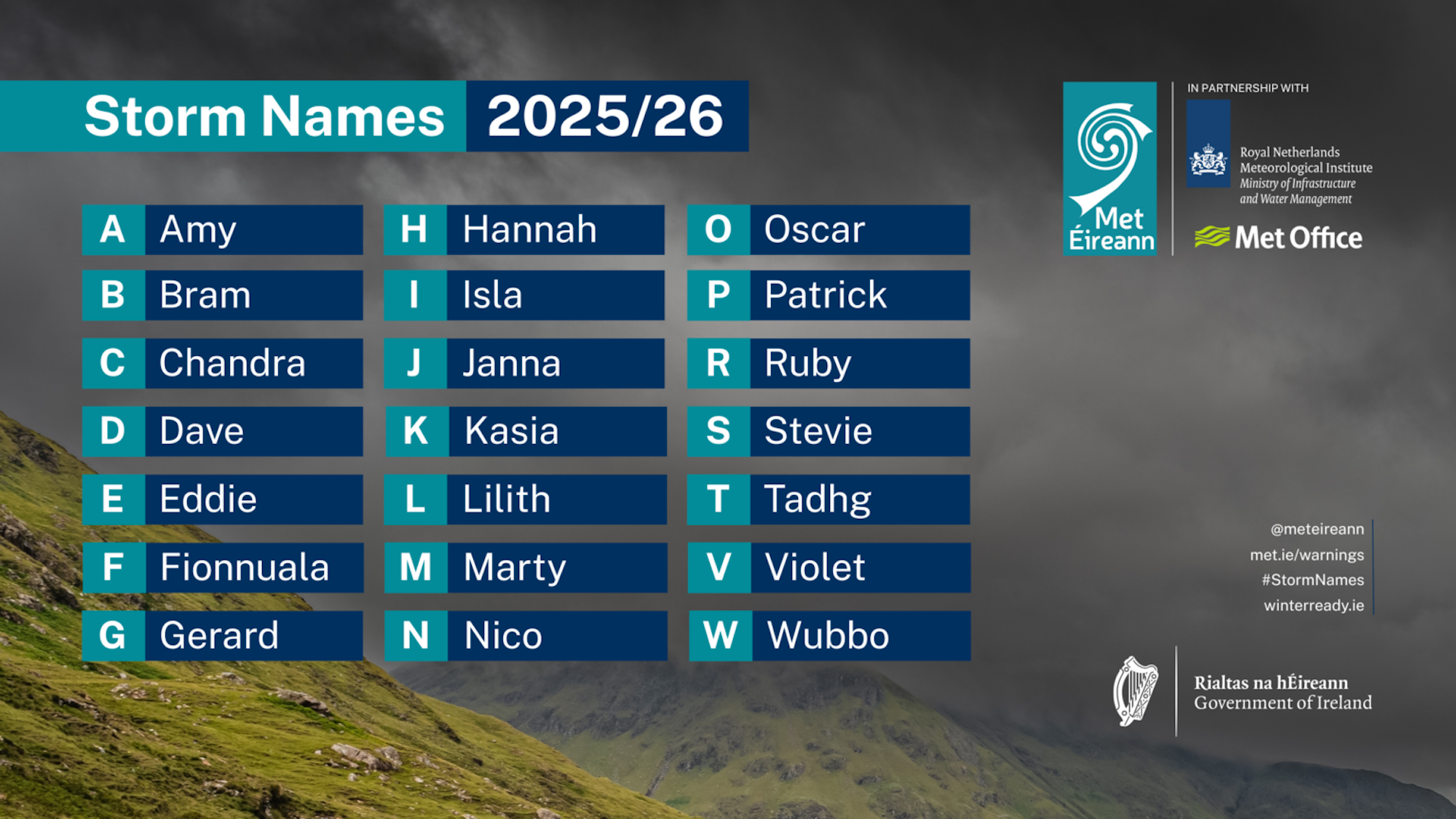Cork's Darker Evenings Bring Fresh Road Safety Challenges as Autumn Sets In
Cork's evening rush now happens as daylight fades. Check your lights, wear hi-vis, and plan extra time for safer journeys.
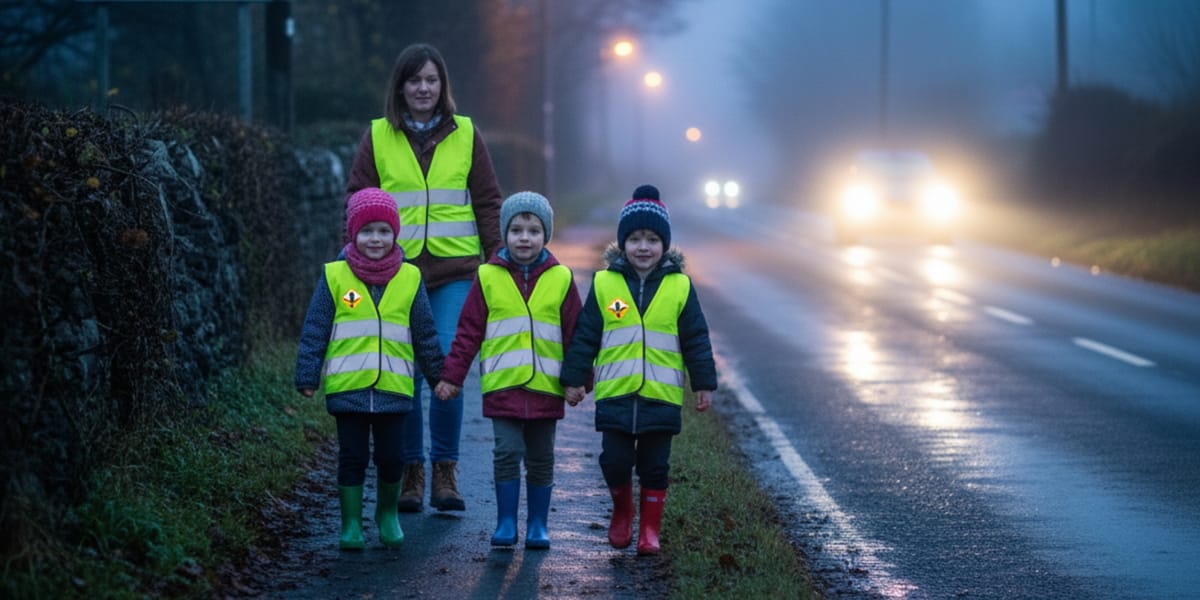
As Cork residents adjust to noticeably shorter days, road safety experts are urging drivers, cyclists, and pedestrians to adapt their habits for the rapidly approaching darker evenings. With sunset now occurring at 19:26 today and daylight fading by nearly four minutes each day, the county's busy roads face increased collision risks during the crucial evening rush hour.
Cork's autumn transition is well underway, with the sun setting earlier each evening as we lose approximately three to four minutes of daylight daily. By the end of September, sunset will arrive around 19:10, and with Irish Summer Time ending on Sunday, 26 October 2025, the evenings will feel even more compressed.
The timing couldn't be more critical for road safety across the county. Cork's major routes, including the N40 South Ring Road, N27 to the Airport, and N25 towards Midleton, see their heaviest traffic precisely when visibility begins to deteriorate. These arterial roads, already challenging during daylight hours, become significantly more dangerous as dusk approaches.
An Garda Síochána have consistently highlighted the dangers of reduced visibility during these transitional months. Dusk presents particular hazards at pedestrian crossings, junctions, and the county's many unlit rural roads where drivers may not immediately spot vulnerable road users.
International research consistently shows the severity of darkness on pedestrian safety, with studies indicating that over 70% of pedestrian fatalities occur during dark conditions. In Ireland, Road Safety Authority data reveals that winter months are particularly dangerous for pedestrians, with nearly half of all pedestrian fatalities occurring between October and December in 2022. This makes high-visibility clothing or reflective armbands essential rather than optional during evening journeys.
Cyclists face specific legal obligations during these darker months. From 30 minutes after sunset to 30 minutes before sunrise, front and rear lights become mandatory equipment. Gardaí conduct regular enforcement checks in urban areas including Cork City Centre, Douglas, and Ballincollig, ensuring compliance with these vital safety requirements.
For motorists, the message is clear: preparation prevents accidents. Drivers should verify all bulbs are functioning and ensure headlights are properly aligned. The Road Safety Authority's familiar reminder resonates more strongly now: "Lights on, Be Seen, Arrive Safe."
The challenge extends beyond individual responsibility. With children back in school and numerous after-school activities resuming, parents must ensure young people have appropriate reflective gear for evening journeys. GAA, soccer, and rugby clubs across Cork are already moving training sessions under floodlights, recognising the safety imperative of proper lighting.
Weather compounds the visibility challenges. Cork's autumn typically brings increased rain, mist, and fog, particularly affecting coastal routes like the R600 around Kinsale and rural roads such as the N71 near Skibbereen. These conditions, combined with reduced daylight, create a perfect storm for potential accidents.
The message from road safety authorities remains consistent: plan journeys more carefully, allow additional travel time, and maintain heightened awareness of all road users. As Cork's roads become busier and darker simultaneously, every road user shares responsibility for ensuring everyone reaches their destination safely.
The county's residents have navigated these seasonal transitions before, but complacency costs lives. Whether commuting through Douglas, navigating Ballincollig's busy streets, or travelling rural routes around the county, the simple act of switching on lights and slowing down can mean the difference between a safe arrival and a tragic outcome.
Cork's darker evenings are arriving whether we're ready or not: check your lights, plan extra time, and keep Cork's roads safe for everyone.
